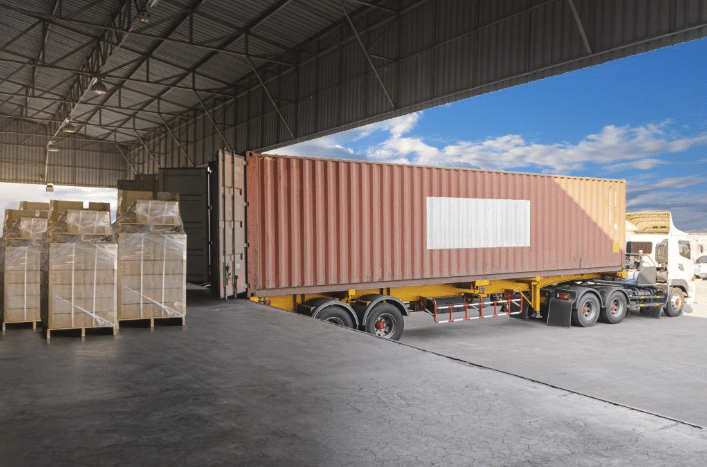The increasing demand for transportation services means that the industry is facing new challenges in terms of organizing transportation and carrying it out efficiently and safely. Therefore, the courses associated with the execution of orders can be referred to as FTL and LTL transportation. What is this type of division and in what situations does each of the mentioned types of transportation work?
What is FTL transport?
FTL (Full Truck Load) transportation is a term that means full truckload transportation. When choosing this type of service, the customer has at his disposal the entire vehicle with which the course will be carried out. This can be either a truck, a van, a semi-trailer or any other means of transport delegated to carry out the order.
Most often, FTL transport involves large-volume cargo, which occupies almost the entire transport space. This is also the option of choice when the fastest possible delivery of goods is important. An example of this would be the food industry, for example. In the case of FTL transport, the route of transport of goods is often determined by the customer in accordance with his own needs or preferences.
What are the characteristics of LTL transport?
LTL transport (Less Truck Load) is a so-called less-than-truckload (LTL) transport, in which the cargo space of a given means of transport is usually shared among several different principals. Individual goods thus have a predetermined place and quantity in the vehicle. The fee for completing the carriage is divided proportionally among the shippers, which makes it possible to reduce costs, including when there is a need to deliver cargo to several destinations.
At the same time, with LTL transport, you have to reckon with a slightly longer wait for the transport to leave the base, which is usually associated with the completion of loads and the most economical possible filling of the transport space. Added to this is the fact that sometimes the goods need to be picked up in advance from several different locations. In connection with the execution of the order, the individual shipper also has no influence on the route, which is developed by the transportation company. This one, on the other hand, plans the course in such a way as to distribute the accumulated cargo to all the indicated recipients’ addresses as quickly, safely and cheaply as possible.
FTL or LTL – which type of transport to choose?
When choosing between FTL and LTL, it is important to consider the specific requirements of the shipment. If the shipment contains fragile or perishable goods, FTL may be a better choice due to direct transport and less risk of damage. LTL, on the other hand, may be preferable for standard or less sensitive goods that can withstand longer transit times and more frequent handling.
